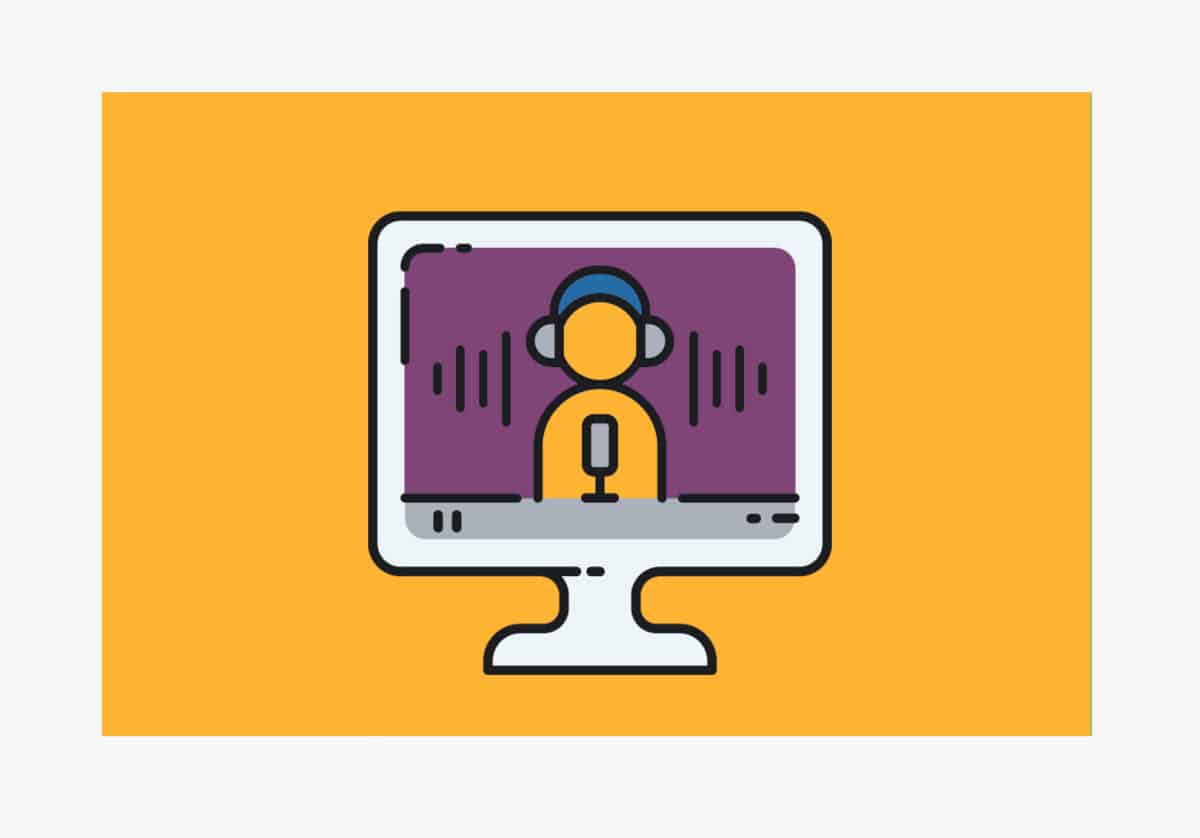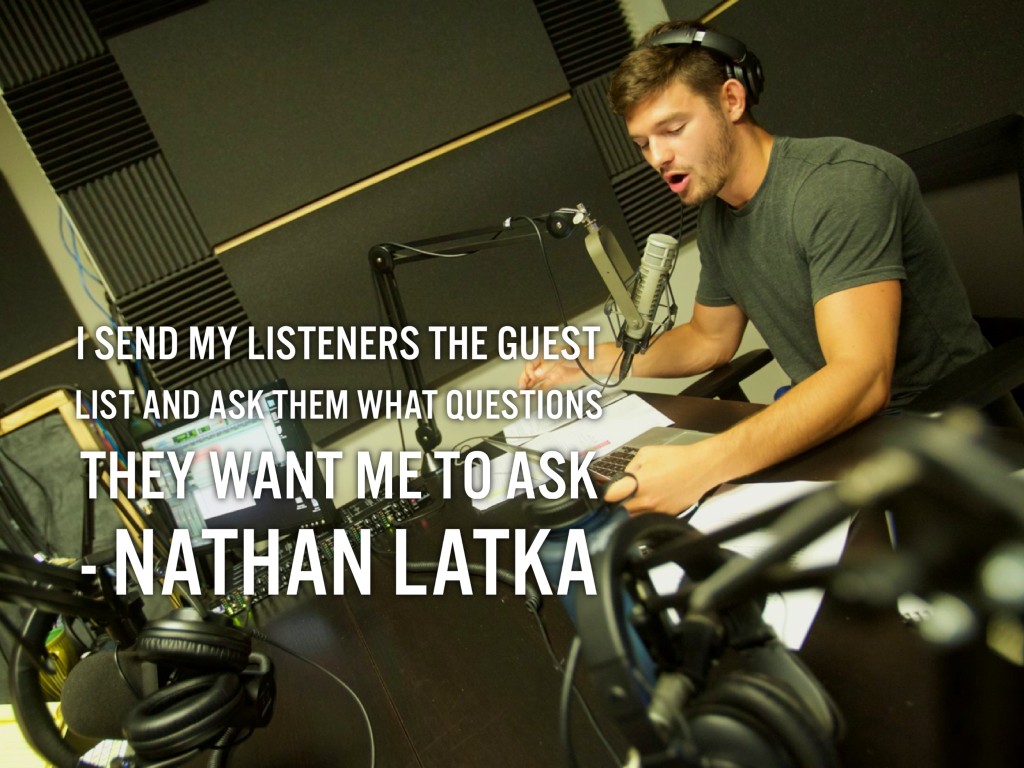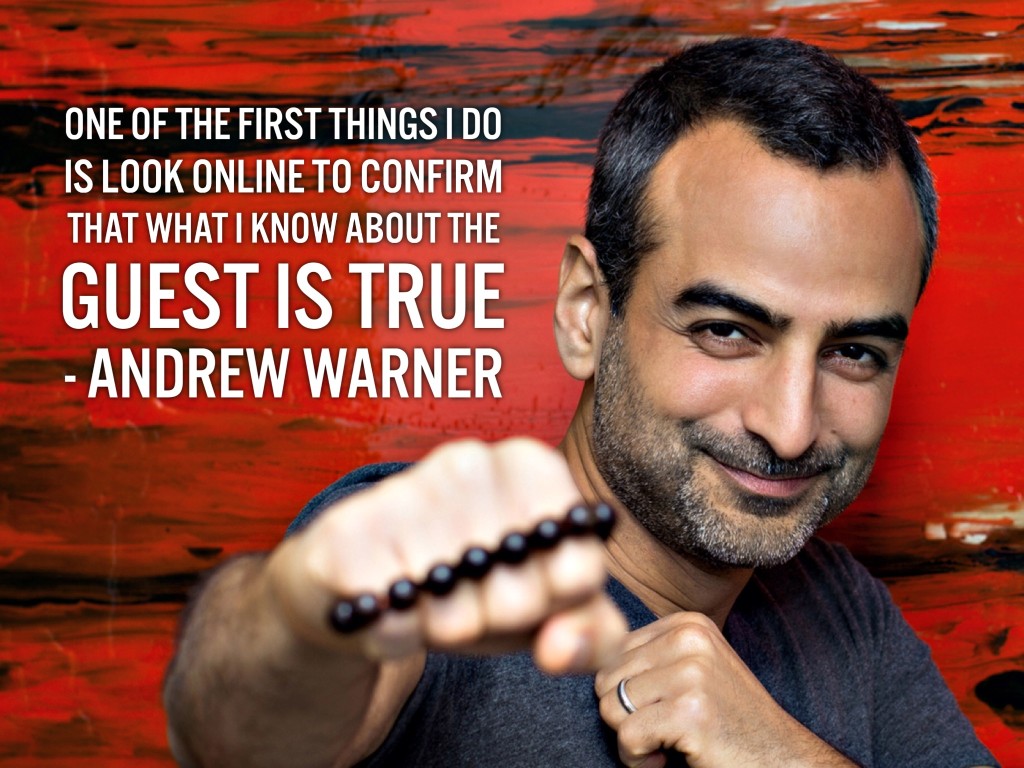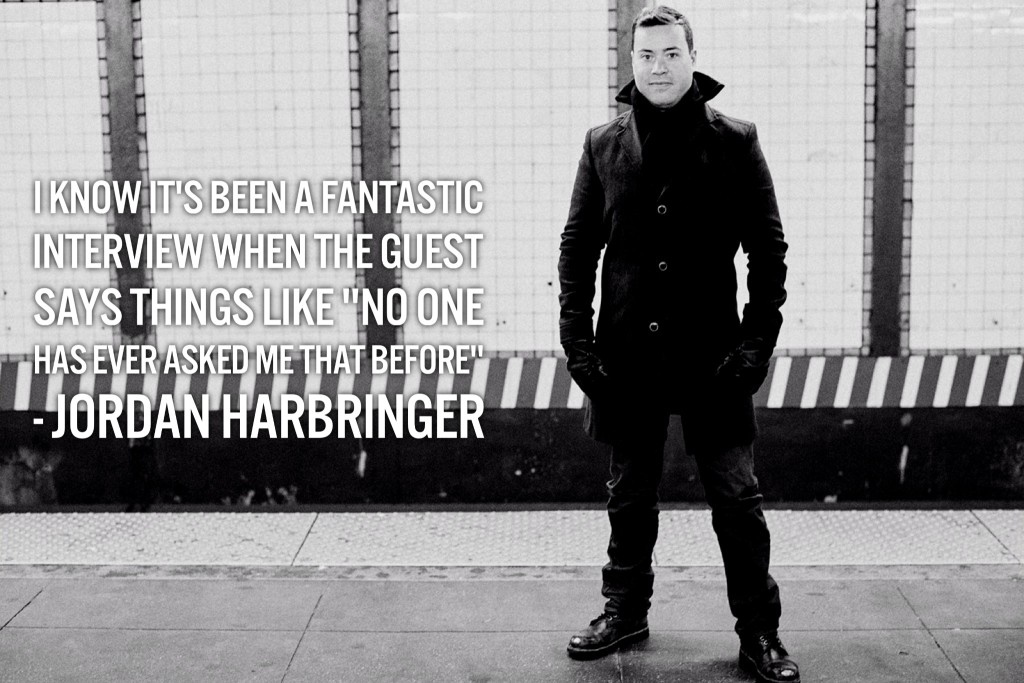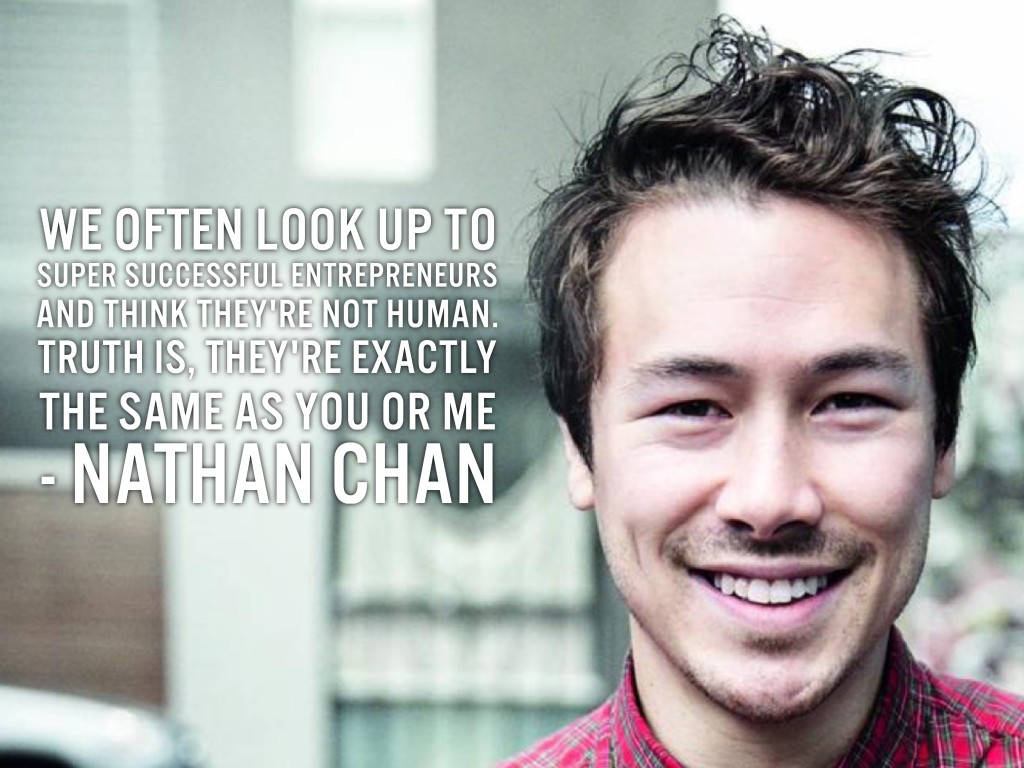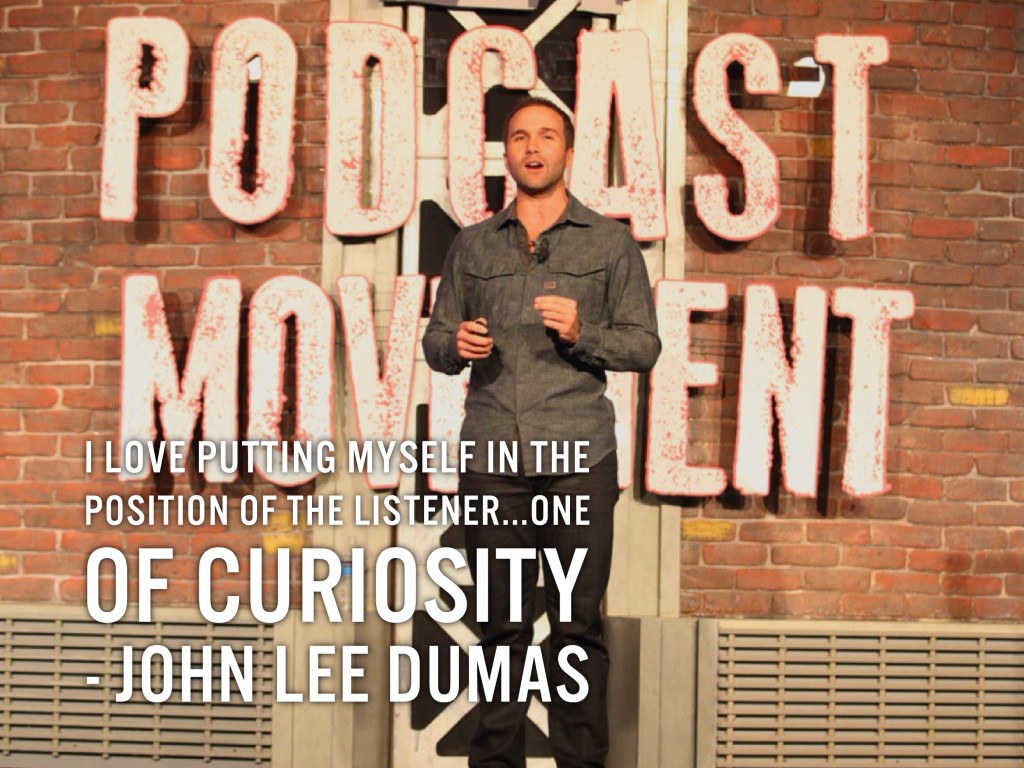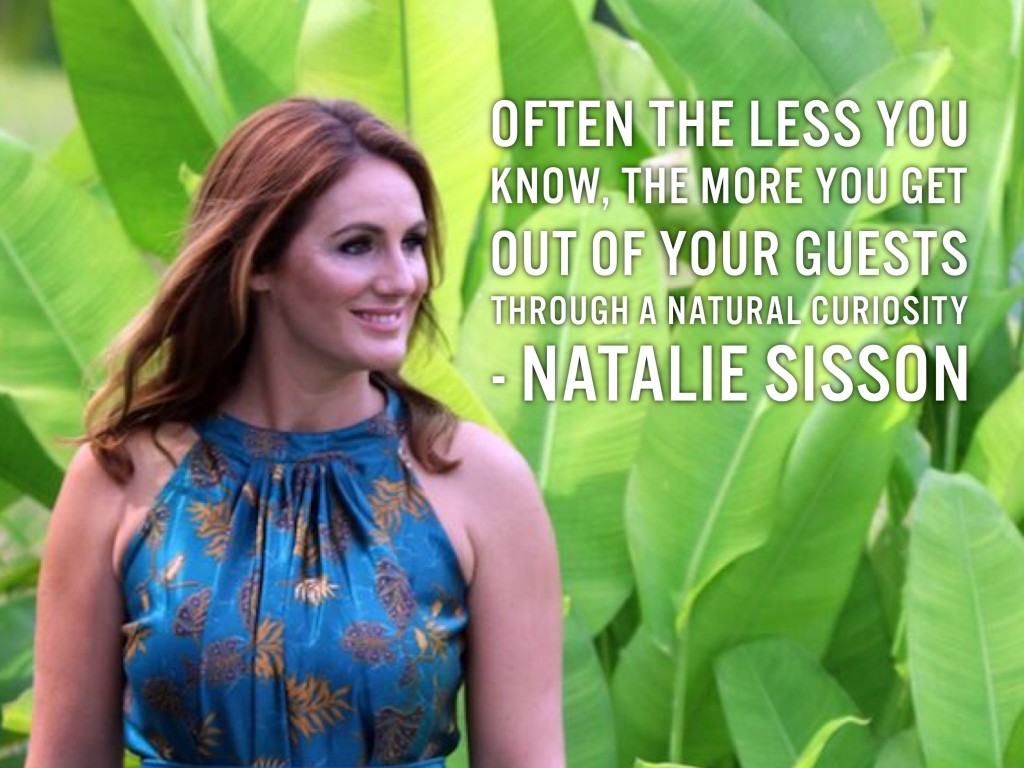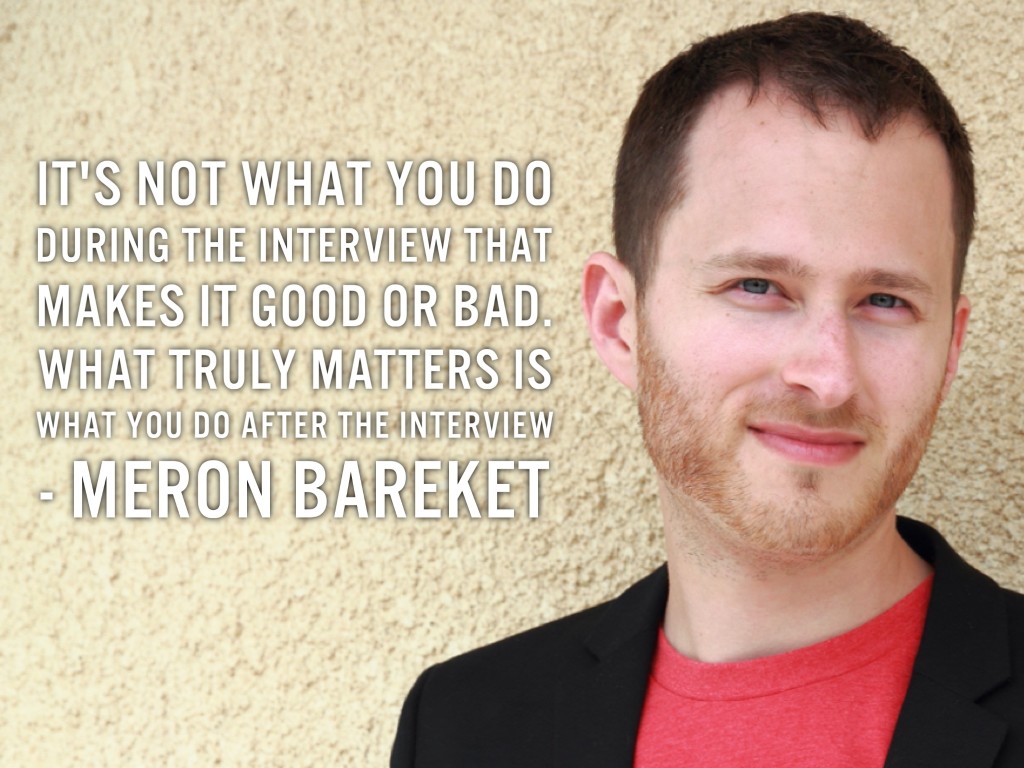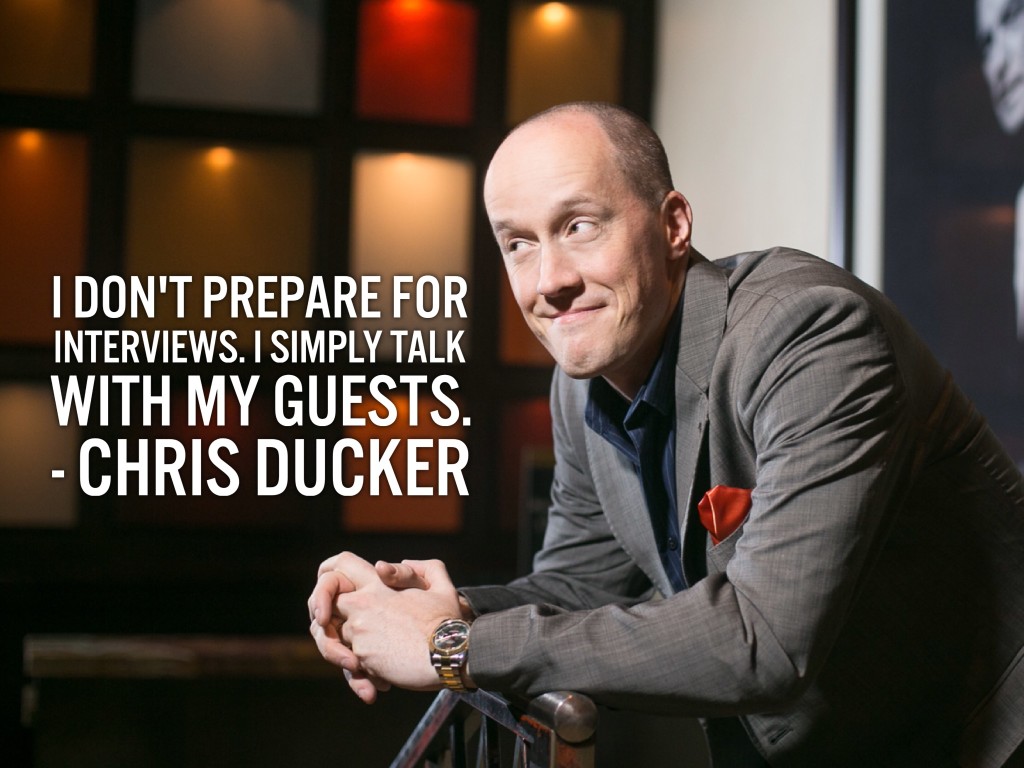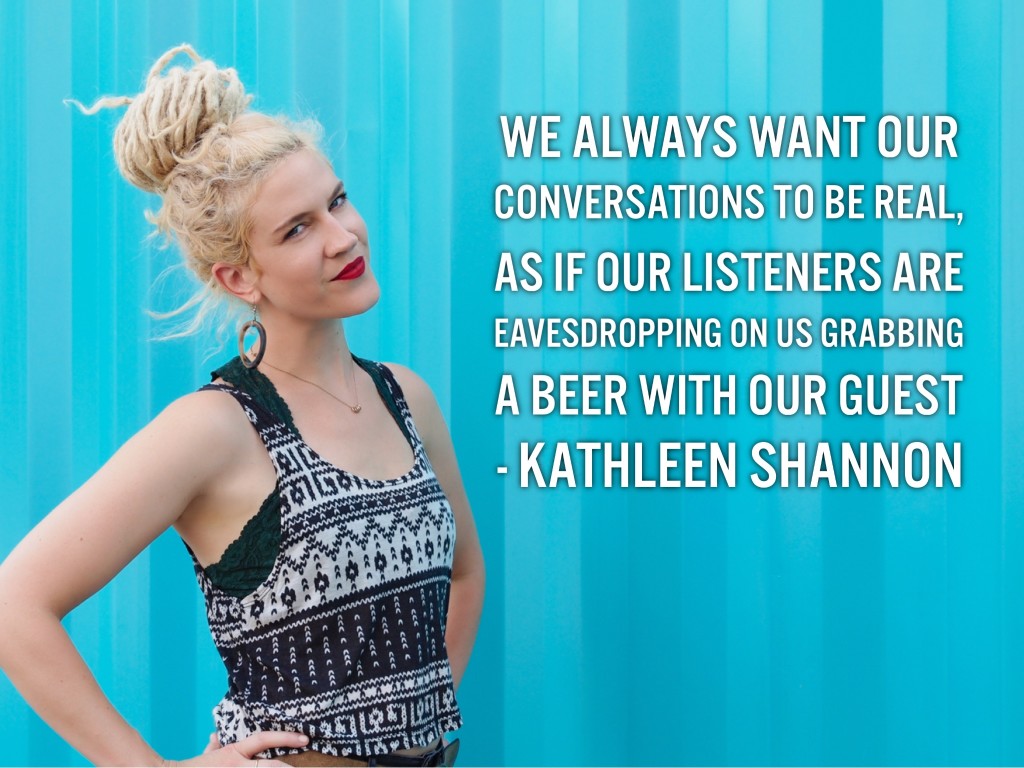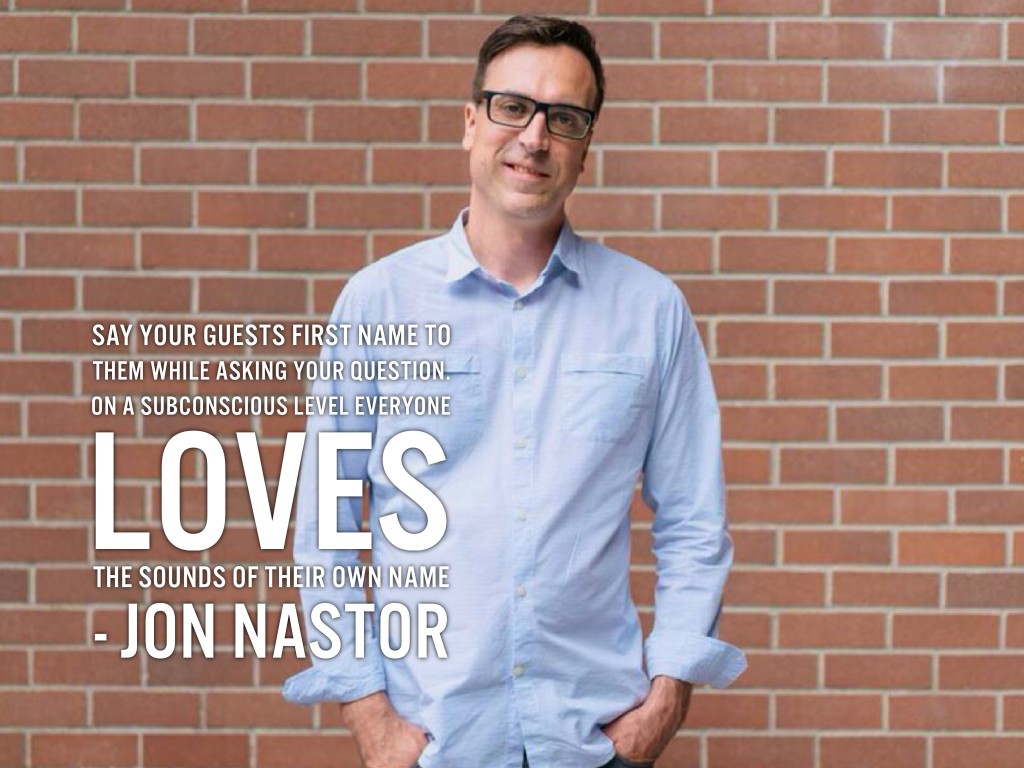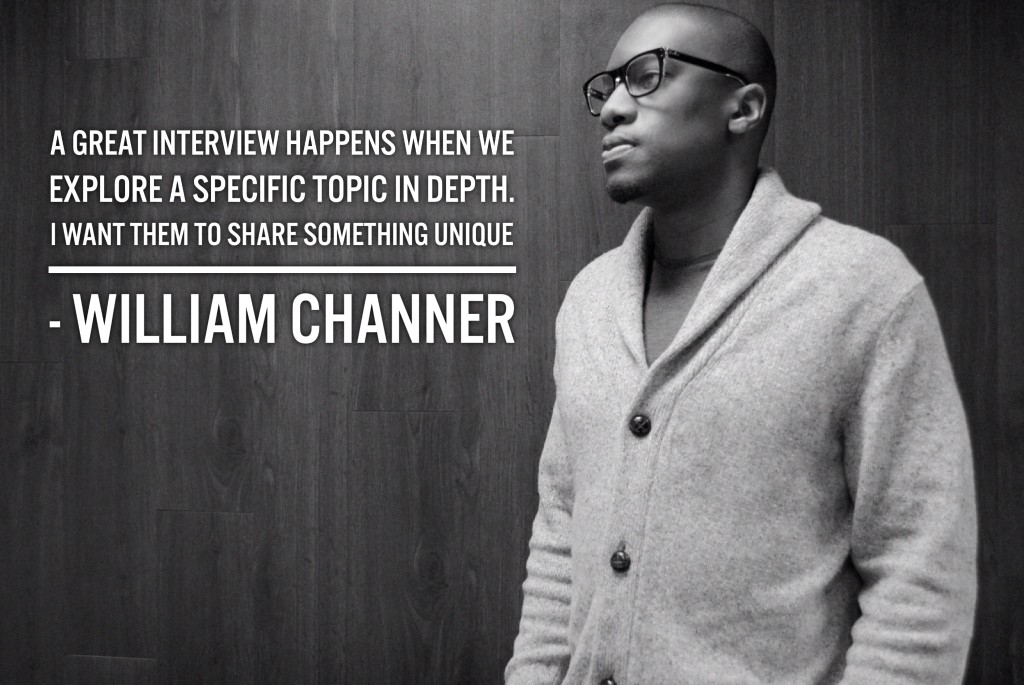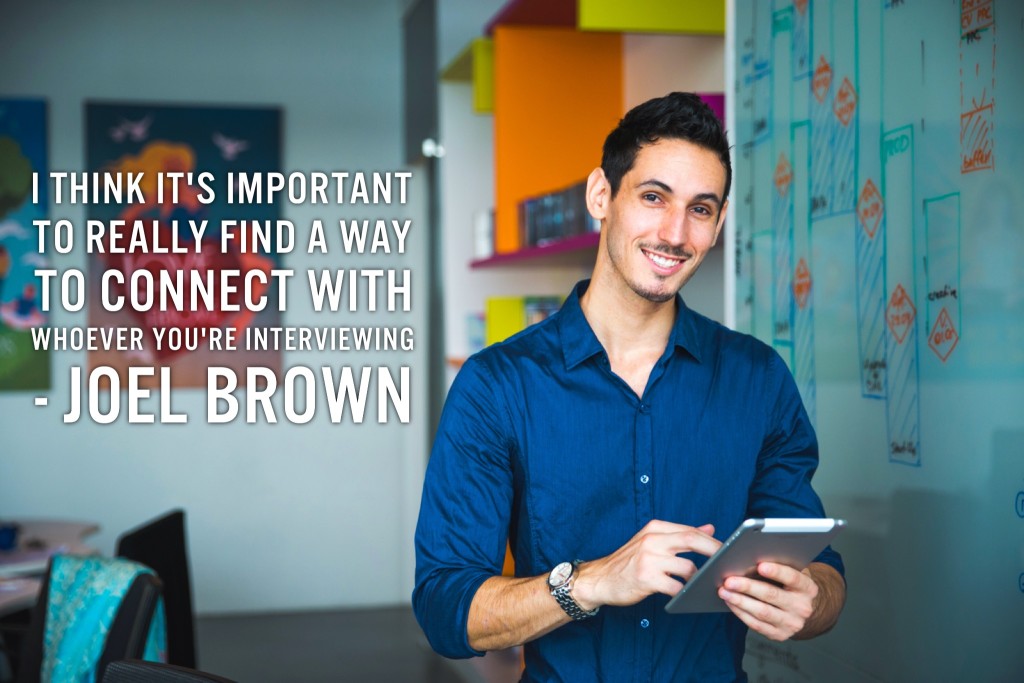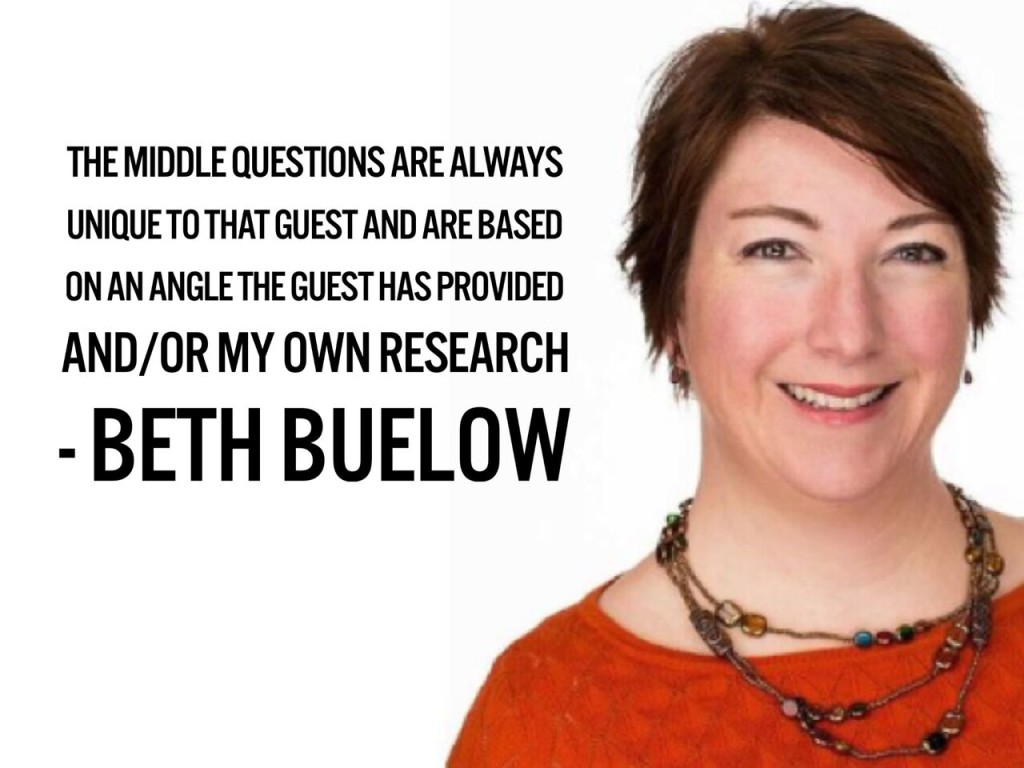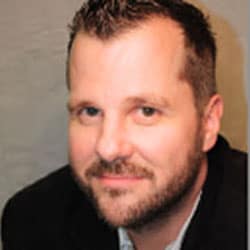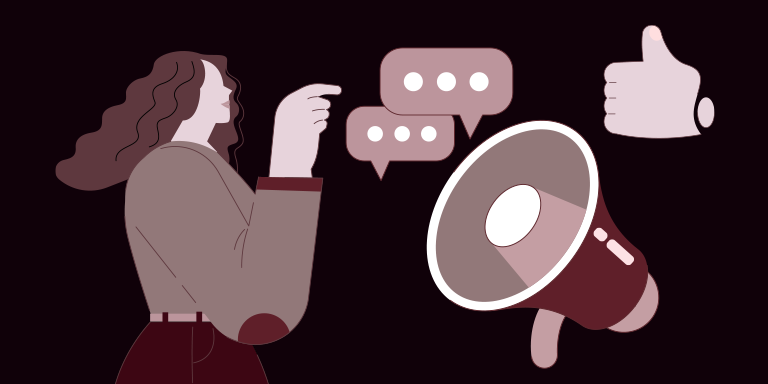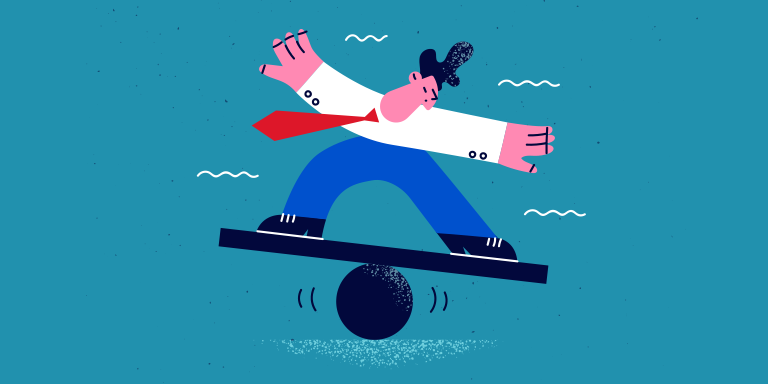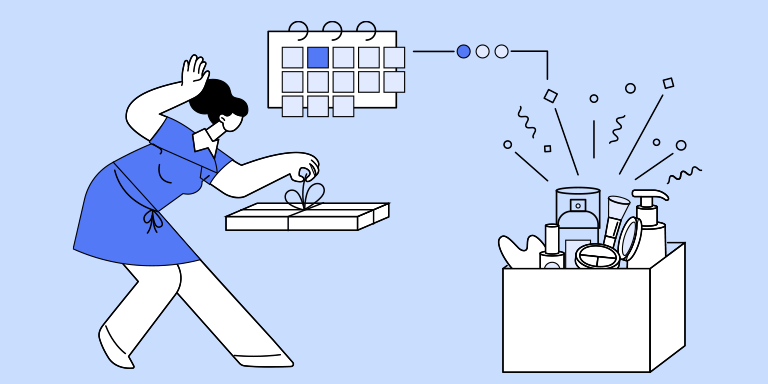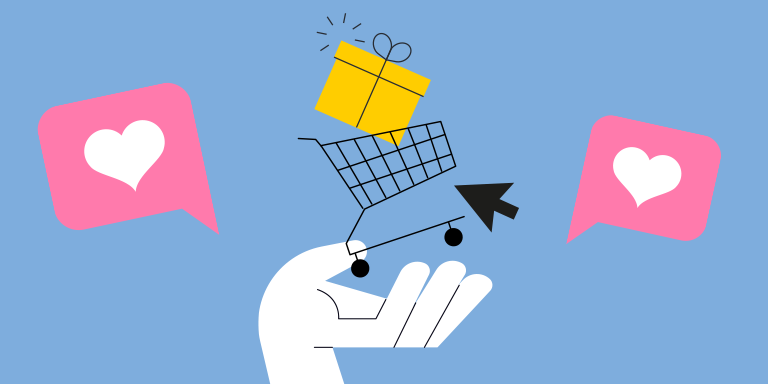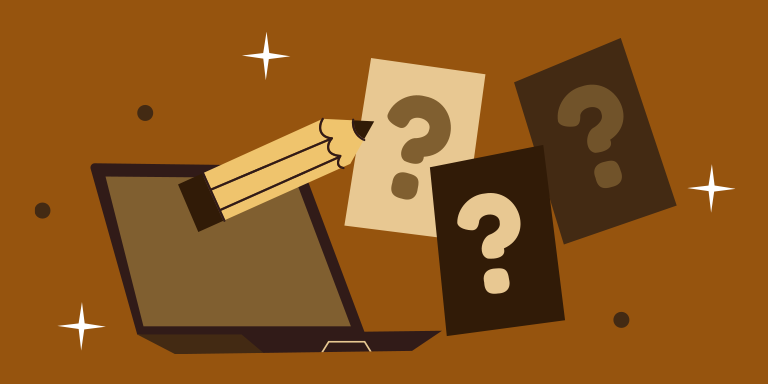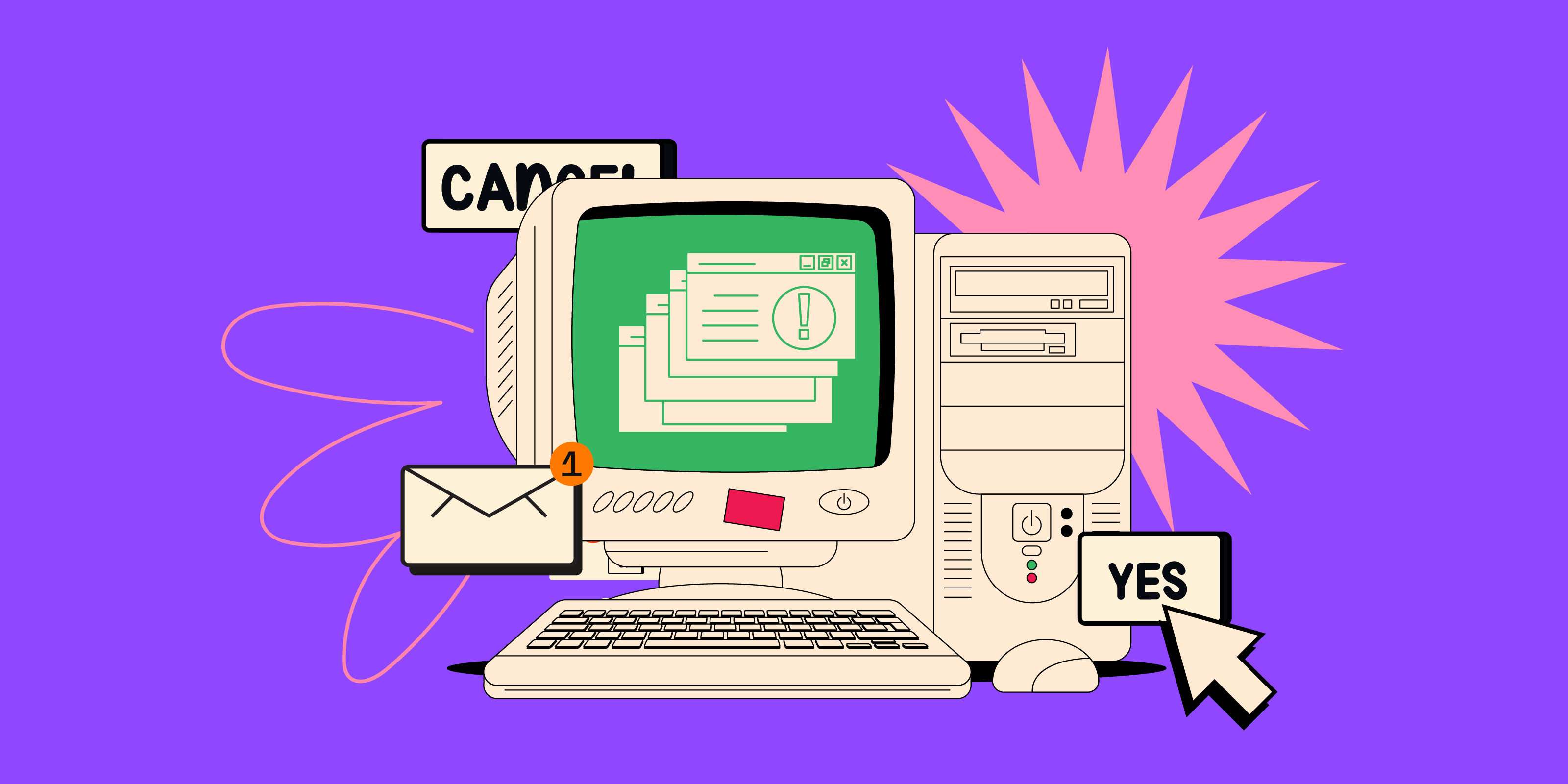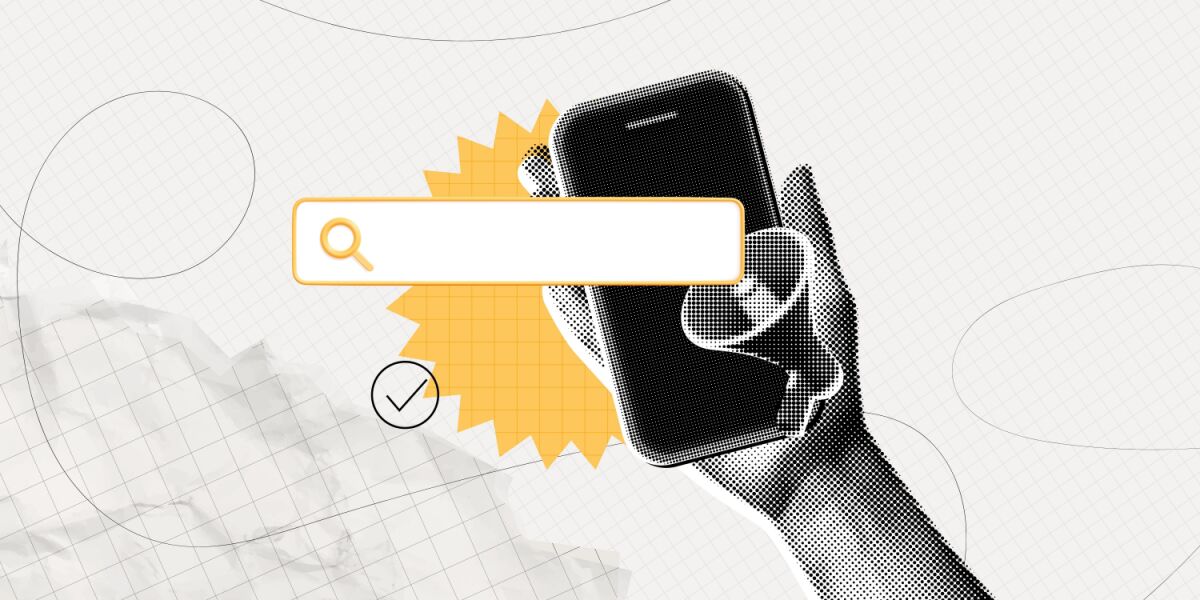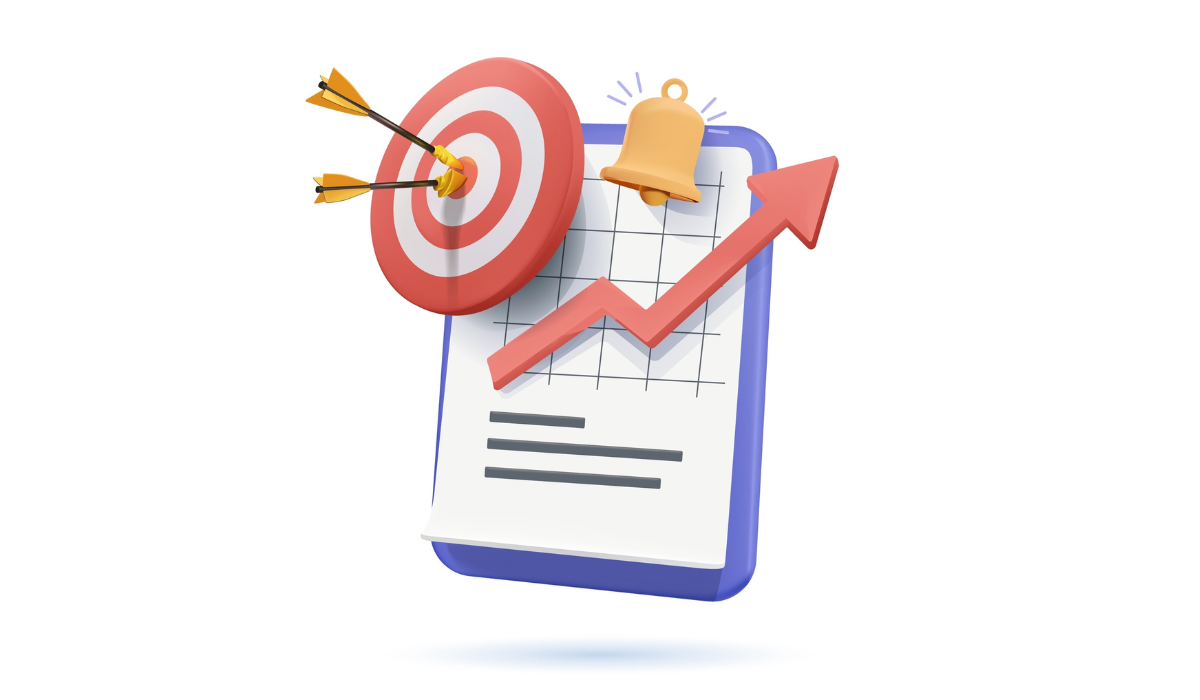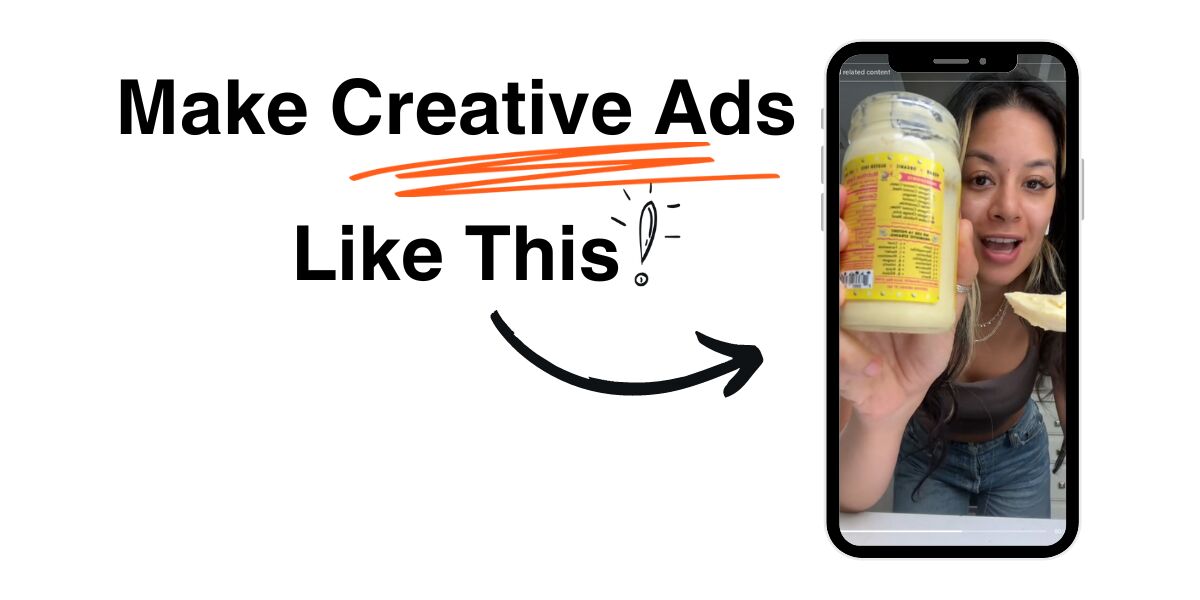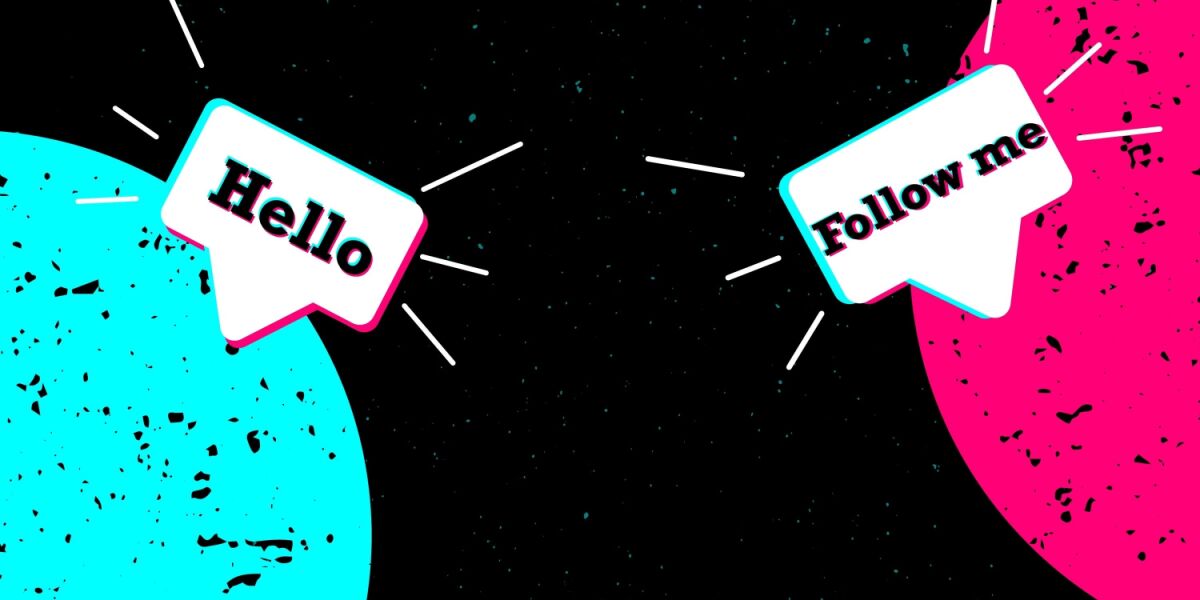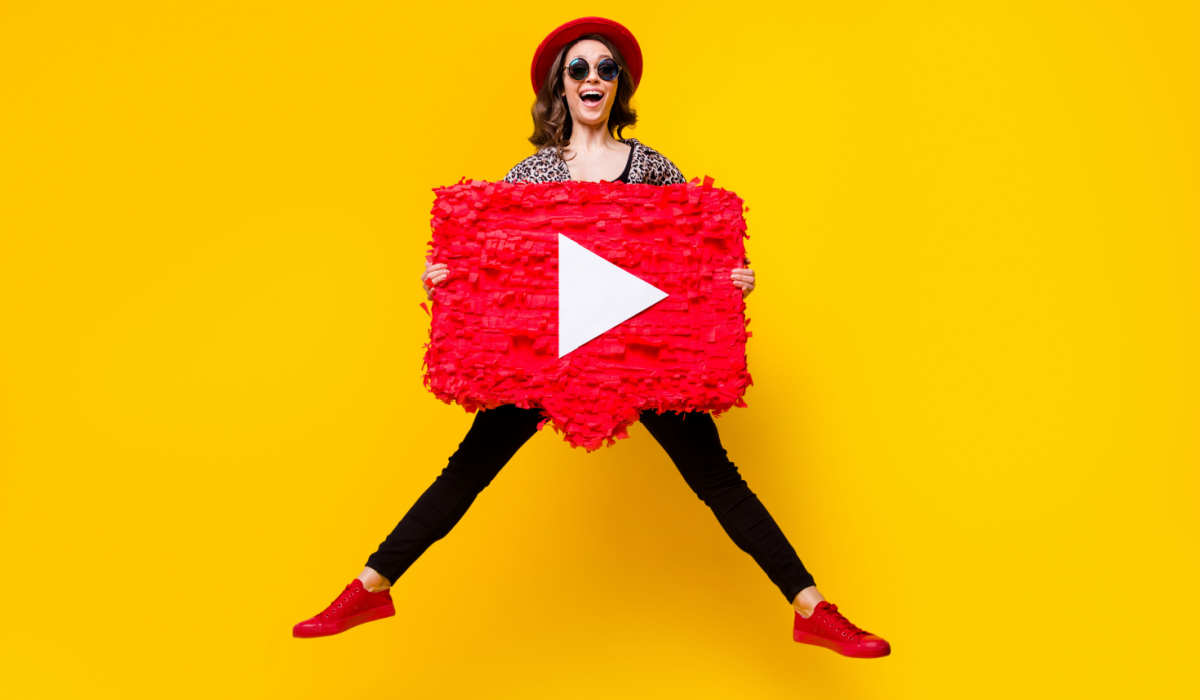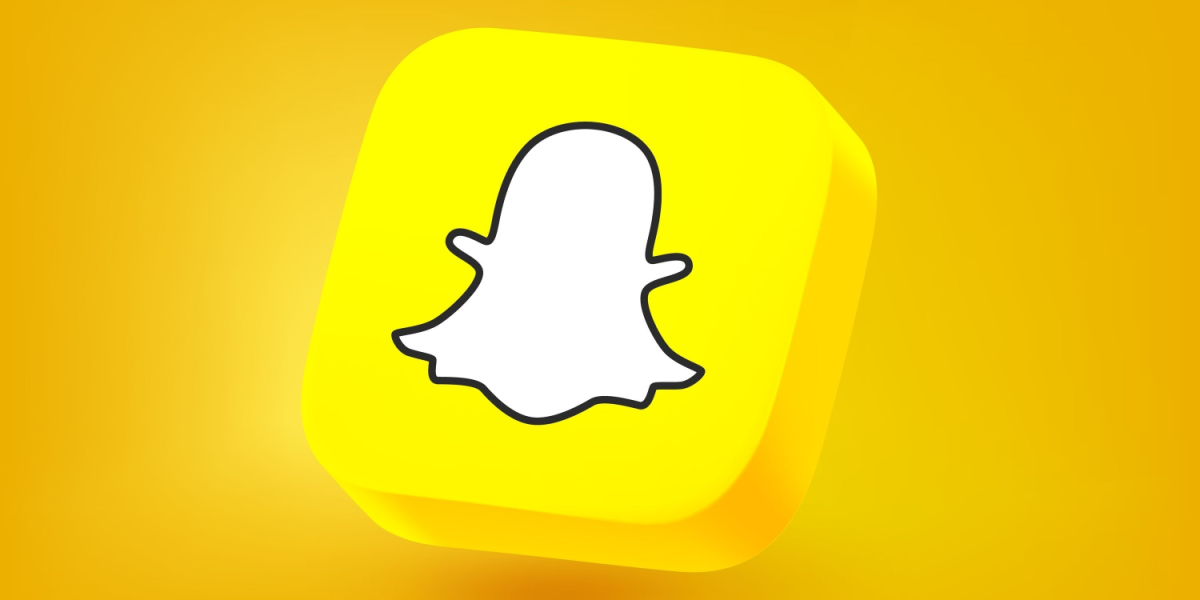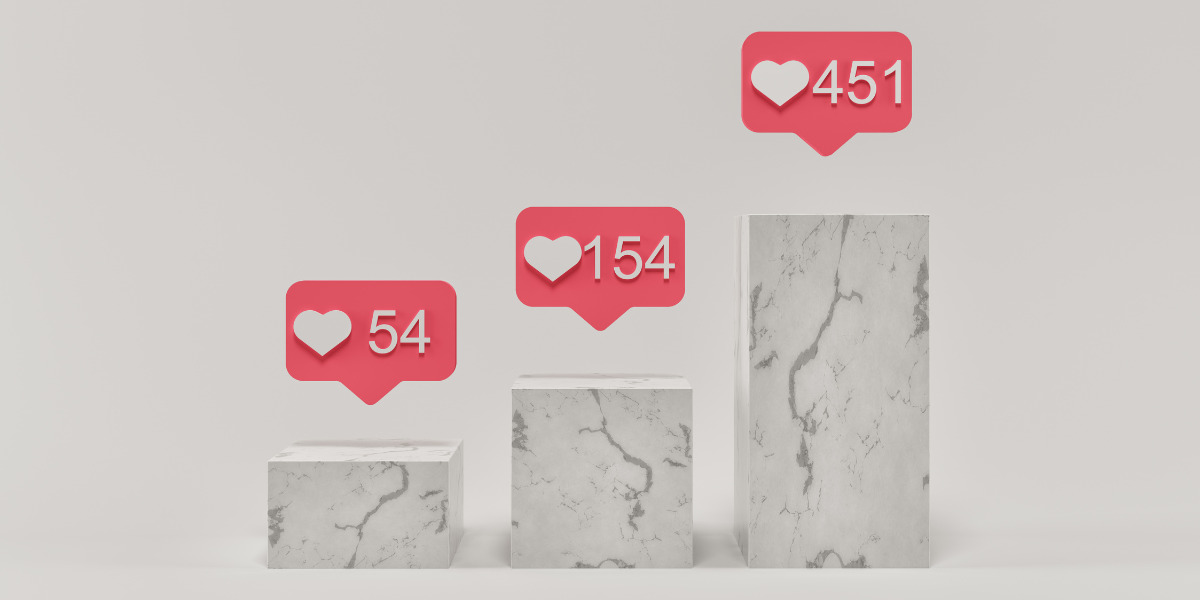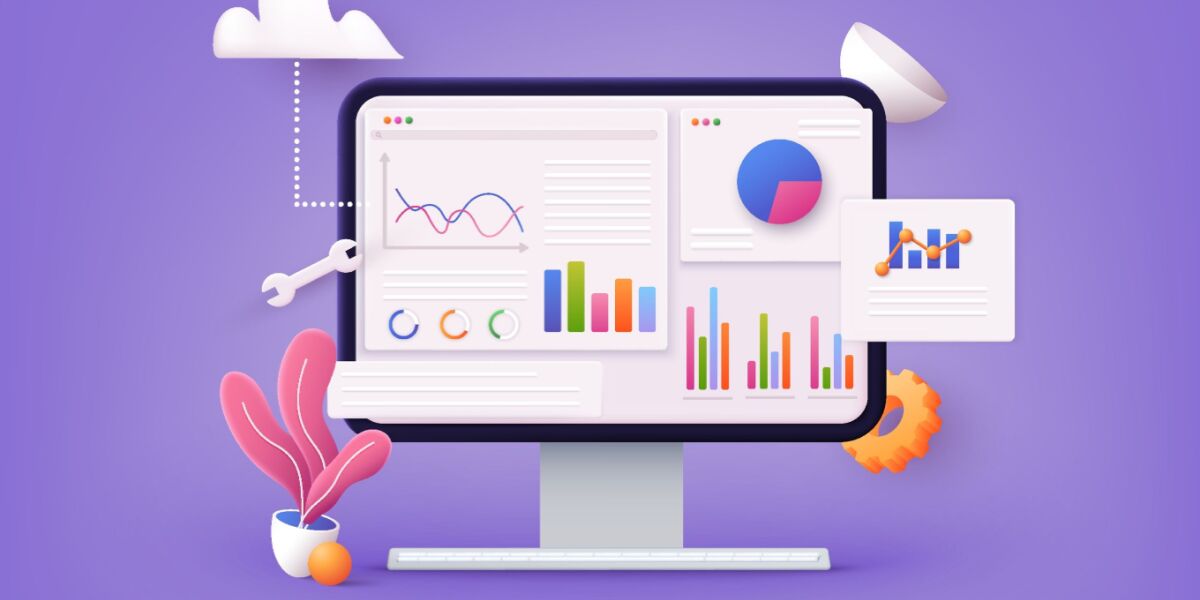Following up from our previous article on how we find and reach top influencers to interview we’re going to share with you just exactly how to make sure that you get an amazing interview every single time!
If you want to be in the business where you’ll be able to reach out to, and get on the radar of, literal millionaires and billionaires then the interview format is a surefire way to establish your credibility and really extract some value.
The Foundr Podcast is a key reason as to why we’re at the place we are today!
But don’t just take our word for it.
We went out and found 14 of the best podcasters out there and got them to share their secrets on just how they make sure to nail that perfect interview, by asking them to answer these three questions:
- How do you plan for your interviews?
- What’s your setup look like?
- How do you know you’ve had a fantastic interview?
Make sure to read all these answers because I guarantee there’s gold for anyone, and everyone, that wants to be an entrepreneur.
Nathan Latka – The Top Podcast
My research is pretty simple The Top is an audio version of a monthly income report from the worlds top entrepreneurs. I send my listeners the guest list and ask them what questions they want me to ask.
Even when I think an interview might not be so good, listeners tell me they love it. All of the interviews are fantastic
I send my listeners the guest list and ask them what questions they want me to ask @nathanlatka
Andrew Warner – Mixergy
There’s never a set way to do research but I like to start before we even say yes to a guest.
One of the first things I do is look online to confirm that what I know about the guest is true. If I can’t do that then I’ll often ask some friends or contacts that we might have a common about the potential guest.
Once we say yes to a guest, and I do mean we because there’s a whole team that helps me decide who to do an interview with, then next up is to do a little more online research and put together a short doc with an outline of the guest’s life and what they’ve done really well.
Next up is to get on a call with the guest to do a pre-interview. In the pre-interview we’re looking for stories. For something that the guest has never told anyone before. And we generally want to prep the guest for the kind of interview they’re going to be doing, which means open, pushy, educational and useful.
The final step is for me to do some digging into the guest’s site whenever it’s possible. If I’m doing an interview with someone who built the company back in the early 2000’s, I do a Google search that’s limited to the early 2000’s to see what’s been said about him at that time period.
Sometimes, I’ll even call the guest’s investors, advisers and competitors to ask for some background information to really help me prepare.
One of the first things I do is look online to confirm that what I know about the guest is true @Andrewwarner
Jordan Harbringer – The Art Of Charm
We do prep (I have a full-time producer for this as well), send the guest prep (more for them than for us, although it’s disguised as a guide for us on the show) and we do a pre-interview to make sure they can hold their own, their content is a fit, and they don’t lose their head when we ask hard questions and poke holes in their content.
I know it’s been fantastic interview when the guest says things like “no one has ever asked me that before” and when I get the guest thinking about their own material in a way that has never happened. We recently interviewed Gary Vaynerchuk (who has done well over 1,000 interviews if I had to guess) and many have said it’s the best show he’s ever done because we actually managed to find new material. How we do this is part secret sauce but I talk about it often on The Art of Charm Podcast.
I know it’s been fantastic interview when the guest says things like ‘no one has ever asked me that before’
Nathan Chan – The Foundr Podcast
It always depends on the person we’re interviewing and how familiar I am personally with their work.
Although we do have a few set questions we always ask:
- How did you get your job (first question at the start of every interview), this always makes for an interesting way to set the scene. It’s amazing how most entrepreneurs respond.
- What did you give up to get where you are today? What did you have to sacrifice? (this is something that is not often asked, and is important to know). We often look up to super successful entrepreneurs and think they’re not human. Truth is, they’re exactly the same as you or me. The answer to this question reveals that. We always want to make our guests human.
- 3 action items. Usually ask this at the end of every interview. Reason being is because we want the listener to have solid things things to takeaway and implement. That’s the most important part for us.
I know I’ve had a great interview if immediately after I’m super excited and have a massive smile on my face. So much to the point I’ve even fist pumped in the air!
Also when I really connect with the guest. It feels like a normal conversation, not robotic or scripted at all.
We often look up to super successful entrepreneurs and think they’re not human. Truth is, they’re exactly the same as you or me @nathanchan
John Lee Dumas – Entrepreneur On Fire
I send my guests a detailed ‘interview flow’ that lays out the structure of EOFire. Besides the 50 word bio of my guests, I do no further research. I love putting myself in the position of the listener…one of curiosity.
I use a Heil PR-40 mic, which connects to a presonus mixer (via XLR), which connects to my iMac (via firewire). I record directly into Adobe Audition via Skype. Although full details of my setup can be found here.
When my guests tell an open, honest, and RAW story. EOFire is all about my guest’s JOURNEY as Entrepreneurs, and the better they can tell stories about that journey, the better my audience (Fire Nation) will resonate.
I love putting myself in the position of curiosity
Natalie Sisson – Suitcase Entrepreneur
Actually my approach is to do as little research as possible (unless it’s a big name guest and I’m a little nervous, so want to be more prepared). But my aim is to come at it as if I know nothing about my guests – within reason – so I can ask unbiased, off the cuff questions that my listeners might have too.
Often the less you know, the more you get out of your guests through a natural curiosity. My natural style is loose and freeflow and works best for me so that’s how I do it and my audience seem to dig it.
I use a Samson Go Mic – it’s awesome and clips on to my laptop, is super compact and great for traveling, and some simple headphones.
I use my MacBook and Camtasia to record my own episodes, and I use Skype and Call Recorder to record my interviews. Then I put the completed interview, and a short intro/outro into Dropbox for my podcast editor to stitch together and make more beautiful.
When it’s felt entirely in flow, and been far more like a conversation on a couch with a great friend – high energy, lots of laughs, amazing value given and a complete pleasure.
Often the less you know, the more you get out of your guests through a natural curiosity @nataliesisson
Meron Bareket – Inspiring Innovation
I’m sorry to burst the bubble here, but what makes an interview great has NOTHING to do with what happens before the interview.
It’s not the planning or the research. It’s not what you do during the interview that makes it good or bad. What truly matters is what you do AFTER the interview.
Take ‘This American Life’, arguably one of the best podcasts in the world. Behind every 12-minutes segment on the show, there are up to 12-hours of recorded interviews. Do the math, and you’ll find the formula of awesome interviews: The pros throw up to 98% of the recorded material to the trash.
That’s the secret to making great interviews. The more you throw out, the better.
Stop chasing “the perfect interview”. Focus on having an interesting conversation with another human-being. Then edit, edit and edit. Then edit some more. And a bit more.
Be ruthless. Stop only when deleting even a single more second is too painful. Your competition is too lazy to do all this. While they will still be chasing the “perfect interview formula” – you’ll be cranking out content that’s pure gold.
Remember, “Perfection is attained not when there is nothing more to add, but when there is nothing more to remove.”
It’s not what you do during the interview that makes it good or bad. What truly matters is what you do AFTER the interview @MeronBareket
Chris Ducker – Youpreneur.FM
I’m blessed to have a solid network, so finding guests for the show isn’t too hard nowadays. When I started, however, I would contact authors and bloggers, influencers that had something I knew my listeners would appreciate. I would usually start by contacting them via twitter – as almost all influencers are on top of that – more so than email.
We plan around 2-months in advance, batching our recordings into 2-weeks worth of shows each time. It works brilliantly for us.
I have an Audio Technica AT2020 USB mic which I’ve been using for 5-years now. It’s awesome and does the job perfectly. Cheap $5 pop filter in front of it, and I record directly into GarageBand.
I don’t ‘prepare’ for interviews. I simply talk with my guests. 9/10 times I will know them personally, so the conversation flows perfectly. I know I’ve struck gold when they say something and it’s like a ‘Value Bomb’ has been dropped on ME – even though I know them personally. When that happens, I know I have podcasting gold to publish!
I don’t ‘prepare’ for interviews. I simply talk with my guests. @chrisducker
Kathleen Shannon – Being Boss Podcast
On Being Boss we only accept interviews or invite guests that we’re already fans of – so most of the time we’re already familiar with the work of the person we’re interviewing. We always want our conversations to be real, as if our listeners are eavesdropping on us grabbing a beer with our guest, so while we typically have a few questions ready to ask we usually follow the conversation wherever it takes us.
Nothing fancy! We have a couple of USB microphones with pop screens but before that we were just using iPhone ear bud / mics. You don’t have to be fancy to have a podcast.
Emily and I often leave our Being Boss interviews inspired to go “do the work” or completely crushing on our guests. Usually when we have a good time, learn something new, or find an interesting concept to really dig in on we know our audience is going to love it – that creative energy that happens in our conversations is real and it’s contagious.
We always want our conversations to be real, as if our listeners are eavesdropping on us grabbing a beer with our guest @andkathleen
Jon Nastor – Hack The Entrepreneur
Although I use a specific set of questions for each interview, research into my guest is still imperative. To get this research done quickly and easily have a special weapon called Charlie. Charlie is an excellent free application that pulls interview guests from your calendar and sends you a briefing on them one hour before your interview.
I simply take the briefing and add the information to my Hack the Entrepreneur Guest Interview PDF.
The beautiful thing about podcasting in 2015 is the simplicity with which we are able to record and edit. Even five years ago, technology was still a major hurdle for most people — not so today.
There are an infinite number of combinations and possibilities you could use to record your podcast, depending on your budget and technical ability.
Here’s the setup I use to record Hack the Entrepreneur:
–Heil PR40 Microphone w/Carrying Bag, Microphone Clip, Windscreen, XLR Cable, and Pop Filter
–Heil Sound PL-2T Overhead Broadcast Boom
–Heil Sound PRSM-B Shockmount
–Focusrite Scarlett 2i2 USB Recording Audio Interface
I know that my audience is going to love the conversation when the conversation wrap-ups and I realize that both my guest and I were 100% engaged. This doesn’t come easy, but there’s some cues we can take from psychology that can help.
Say your guests first name to them while asking your question. On a subconscious level everyone loves the sound of their own name. Guests are busy and as the interviewer we need to work to keep them engaged in the conversation. This is the value of using the Hack the Entrepreneur Guest Interview PDF it easily enables me to remember the guests name as I ask questions.
The interview sheet also enables me to take notes of my guests responses, allowing me to easily repeat direct quotes back to them throughout the conversation. This impresses my guest by showing them my level of engagement, and causing them to want to match my engagement level themselves.
Say your guests first name to them while asking your question. On a subconscious level everyone loves the sound of their own name @jonnastor
William Channer – Dorm Room Tycoon
I usually interview folks that I’m familiar with. I find that this leads to a more natural conversation and allows me to dig deeper. I also research what they’ve accomplished as this gives me a good idea on what they may be good at talking about.
A great interview happens when we explore a specific topic in depth. I want them to share something unique. It’s all about going deep and asking why multiple times.
A great interview happens when we explore a specific topic in depth. I want them to share something unique @williamchanner
Joel Brown – Addicted2Success
I used to plan like a mad man sometimes. I would write out 20-30 questions depending on how many questions I had myself for the person. But nowadays I don’t, to be honest I’ll just read their bio if I don’t know much about them, or I’ll play a TED video if they’ve done a TEDx talk. Or I’d go over some of their teachings, or some of their audiobook, or have an interview they’re done with somebody else playing the background so I can get some of their character and what their vibe is before I interview them. And that would usually be done that day or the night before, and that’s it.
I think it’s more important to really find a way to connect with whoever you’re interviewing. And usually you’re not going to connect straight away, it’s rare to connect straight away with someone, but after the first one or two questions you start to find your feet and I definitely feel the interview relaxes a lot more. When you’re natural, when you’re being yourself, when you’re being authentic and you’re really focusing on delivering value and pulling that value from that interviewee that’s when those gemstones really come out.
The only set question I always ask in every interview is: “if you were to deliver your last 30 second speech to the world, what would that last 30 seconds sound like?”
And like 90% of the guests would trip on that and they’ll stumble a bit because it’s a powerful question and they really want to deliver good value on it. That’s the only set question I ask and I just let the rest of the interview just flow.
I think it’s more important to really find a way to connect with whoever you’re interviewing @IamJoelBrown
Beth Buelow – The Introvert Entrepreneur Podcast
For each guest, I spend some time looking at his or her website, social media profiles, and book or blog. Sometimes the interview angle is clear, because there’s an obvious connection between their work and my introvert-focused audience. Other times, I have to connect the dots. The 20-30 minute interview usually consists of 6-7 questions, which the guest receives a few days in advance.
Three are standard: a “warm up” question; asking about their identity as an introvert or extrovert and how it influences them as an entrepreneur; and a closing “Introvert Island Books” question that serves the dual purpose of getting to know the guest better while providing book recommendations to the listener. The middle questions are always unique to that guest and are based on an angle the guest has provided and/or my own research.
I keep it pretty simple. I use Skype with Call Recorder for the interview. My mic is a Blue Yeti with a MXL WS-002 Foam Windscreen. I do some quick clean-up in Audacity before sending the file to my podcast producer for professional editing. I use Podbean for my hosting, and post the episode there and on my website, along with show notes.
I know it’s a great interview when it sounds and feels like we’re enjoying ourselves. It becomes more like we’re having a lively conversation over a cup of coffee, rather than a formal back-and-forth between interviewer and guest, with miles and miles in between them. When I get that feeling, I know that the conversation is honest and vulnerable, which seems to connect strongly with my audience.
The middle questions are always unique to that guest and are based on an angle the guest has provided and/or my own research @introvertcoach
 Travis Lane Jenkins – The Entrepreneur’s Radio Show
Travis Lane Jenkins – The Entrepreneur’s Radio Show
I have three questions that I ask towards the end of the interview.
Other than that I don’t have any planned questions because I’m going after a natural conversation with someone.
For me connecting with someone and their authenticity is super important.
One of the key things that I’m after (for the listener) is to illustrate through a wide range of people that success it’s something that comes through trial and error.
I’m also looking for useful and actionable tips.
As you can see learning how to consistently conduct the perfect interview isn’t a hard as you think!
But here are a few takeaways:
- The best kinds of interviews are the ones where the conversation flows naturally
- You don’t always need to know everything about a person to conduct a killer interview, treat them as guests, not as subjects
- Be authentic, and be genuine. Your guests and listeners can always tell if you’re not being real.
